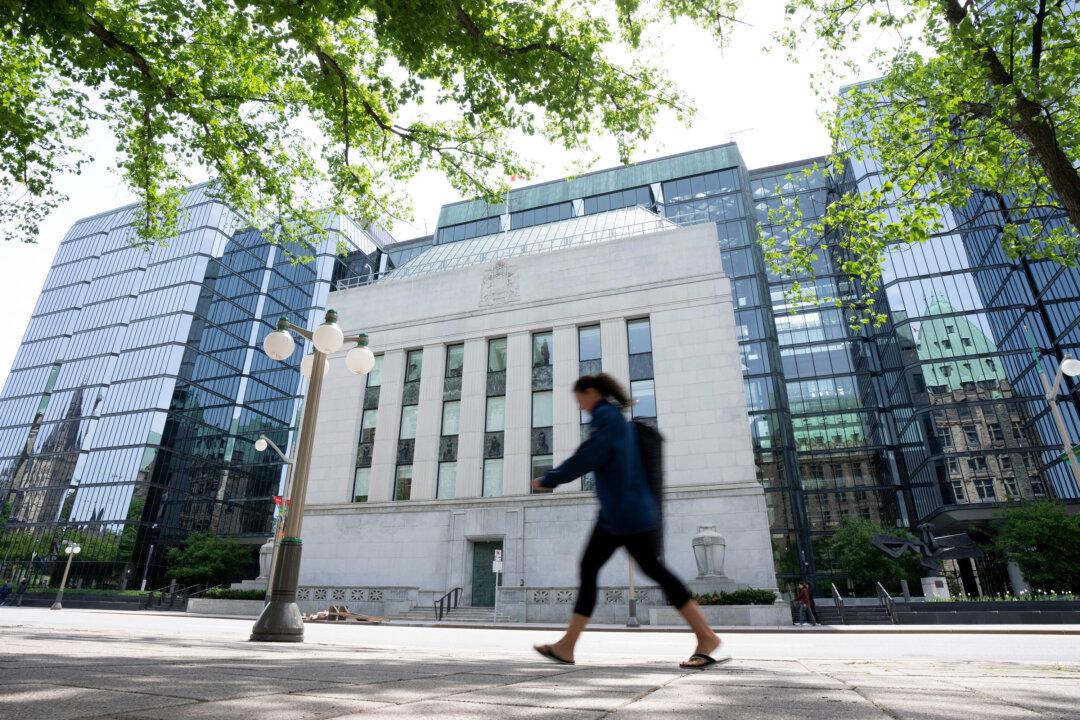The federal government is underestimating the amount of money it will have to spend to achieve its Budget 2022 policy objectives, along with the likelihood of a recession occurring in 2023, says former Bank of Canada (BoC) Governor David Dodge.
“The extent of additional spending (or tax credits) required to implement the government’s promises as set out in Budget 2022 and FES [Fall Economic Statement] 2022, while plausible, is still likely to underestimate the spending and borrowing that will actually be required to implement the government’s policy objectives,” reads a report co-authored by Dodge and released on Jan. 23 by Bennett Jones and the Business Council of Canada (BCC).





